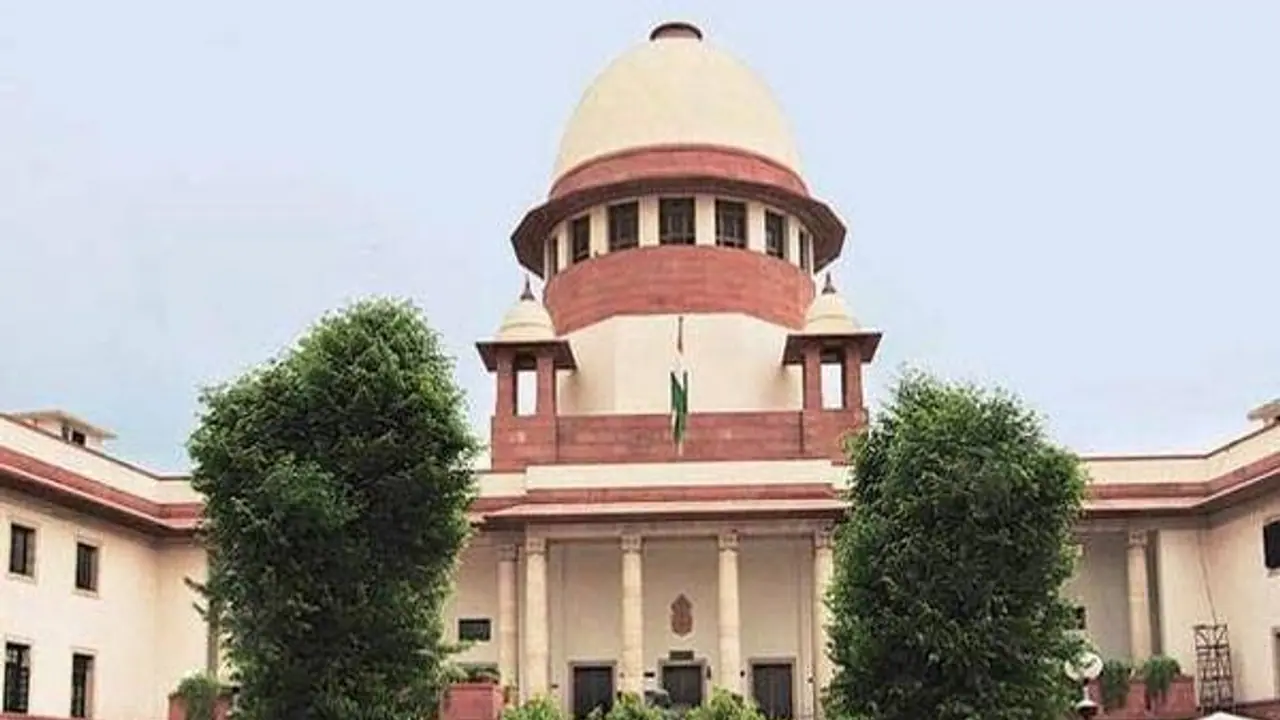Supreme Court expressed concern over judicial overreach as a plea seeking Centre’s intervention in West Bengal under Article 355 was mentioned. The petition, filed by Vishnu Jain, will be heard tomorrow amid political debate over judiciary’s role.
The Supreme Court on Monday reacted strongly when a petition seeking the Union Government’s intervention in West Bengal under Article 355 was mentioned, hinting at growing unease over allegations of judicial overreach.

The petition, filed by Advocate Vishnu Shankar Jain, cited the recent violence in Murshidabad during protests against the Waqf (Amendment) Act and sought central action under Article 355, which empowers the Union to protect states against “external aggression and internal disturbance.”
When Jain mentioned the matter before a bench comprising Justice B.R. Gavai and Justice Augustine George Masih, Justice Gavai responded, “You want us to issue a writ of mandamus to the President to impose this? As it is, we are facing allegations of encroaching into executive (domain). Please.”
Jain clarified that the petition is already listed for hearing on Tuesday and sought liberty to file an additional application to bring more facts on record. He also emphasized the urgency of deploying central forces in the state due to escalating tensions.
The bench’s pointed remark is being widely seen as a response to the criticism from some political leaders after the Supreme Court’s recent ruling in the Tamil Nadu Governor case. That landmark judgment — delivered by Justices J.B. Pardiwala and R. Mahadevan — held that Governors cannot indefinitely withhold assent to Bills and that such powers must be exercised within a constitutional framework.
The ruling sparked backlash from some BJP MPs, including Nishikant Dubey, who accused the Court of “crossing its limits” and questioned its authority to set timelines for constitutional authorities like the President and Governors. “If one has to go to the Supreme Court for everything, then Parliament and State Assemblies should be shut,” he had said.
Vice President Jagdeep Dhankhar also expressed concern, saying Article 142 — which gives the Court wide discretionary powers — had become a “nuclear missile against democratic forces.”
BJP President J.P. Nadda, however, distanced the party from these statements, saying they were made in a personal capacity and do not reflect the party’s position.
With the plea formally listed for hearing on Tuesday, all eyes will now be on how the top court navigates the sensitive intersection of constitutional authority, federal structure, and judicial restraint.


